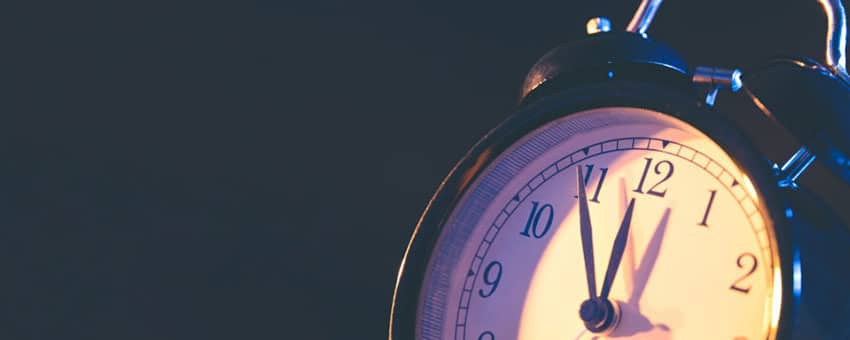Resources
DWI Chemical Tests and the Two-Hour Rule
DWI Chemical Tests
In general, there are three tests used as evidence in DWI cases: blood tests, breath tests, and urine tests. A chemical test refers to any analysis of the chemistry of blood, breath or urine to determine the blood alcohol content of a defendant. A DWI chemical test in New York is presumed to be valid if it was performed by a person with a valid Department of Health permit in accordance with department rules and regulations and, the test was conducted within two hours of the driver’s arrest. This is generally referred to as the “two-hour rule”.
The Two-Hour Rule
In New York, the two-hour rule provides that a person accused of drunk driving must generally be tested within two hours of either the time of arrest for DWI or the time of a positive breath screening test. When suspected DWI drivers are tested after two hours have passed. prosecutors must establish by expert evidence that blood alcohol test results are competent and reliable.
In 1970, the New York Legislature changed the statutory placement of the two-hour rule. The legislature relocated the two-hour rule from the VTL’s evidentiary statute to New York’s implied consent statute. Specifically Vehicle and Traffic Law section 1194(2)(a). The implied consent statute states that anyone driving a motor vehicle in New York is deemed to have consented to a chemical test for intoxication. The direction of any police officer having reasonable grounds to believe that the driver is intoxicated. In the event the driver refuses to submit to a chemical test, his driving privileges will be revoked.
Chemical test analysis
Under the two-hour rule, a chemical test analysis must be conducted within two hours of a suspected DWI driver’s arrest or else the chemical test evidence is inadmissible in court. An important fact is that the two-hour rule is applicable only in situations where implied consent applies. Therefore, it is applicable in all cases except where the driver expressly refuses to consent to a chemical test. This means that the implied consent statute and its two-hour rule are only applicable. In cases where the driver is rendered unconscious or incapable of consenting to a chemical test.
Courts in New York have held that the two-hour rule does not apply to chemical tests that a DWI suspect voluntarily consents to. In People v. Atkins, the court held that where a DWI suspect consents to a chemical test that is administered more than two hours. After the suspect’s arrest the results of the test are admissible in court because the suspect voluntarily consented to the chemical test. And an express voluntary consent is outside the scope of the two-hour rule.
The rule application
The two-hour rule is not applicable in situations where the DWI suspect expressly refuses to take a chemical test. The Department of Motor Vehicles has issued an opinion on the admissibility of evidence of a chemical test refusal given more than two hours after a DWI suspect’s arrest. The opinion discusses the case of People v. Ward. The court in Ward held that if evidence of the results of a chemical test expressly, consented to a DWI suspect and administered after two hours is admissible in court. Then evidence of a refusal to take such a test, obtained after two hours, is also admissible. Given the court’s decision in Ward, the two-hour rule is inapplicable to chemical test refusals from DWI suspects.
The DWI services
The attorneys with the DWI GUYS are experienced in handling DWI cases. If you need a lawyer who can help you obtain the best possible outcome in your DWI case, contact the DWI guys today.
DISCLAIMER: The exclusive purpose of this article is educational and it is not intended as either legal advice or a general solution to any specific legal problem. Corporate offices for The DWI GUYS are located at 231 Walton Street, Syracuse, New York 13202; Telephone No.: 1-800-394-8326. Prior results do not guarantee a similar outcome.






